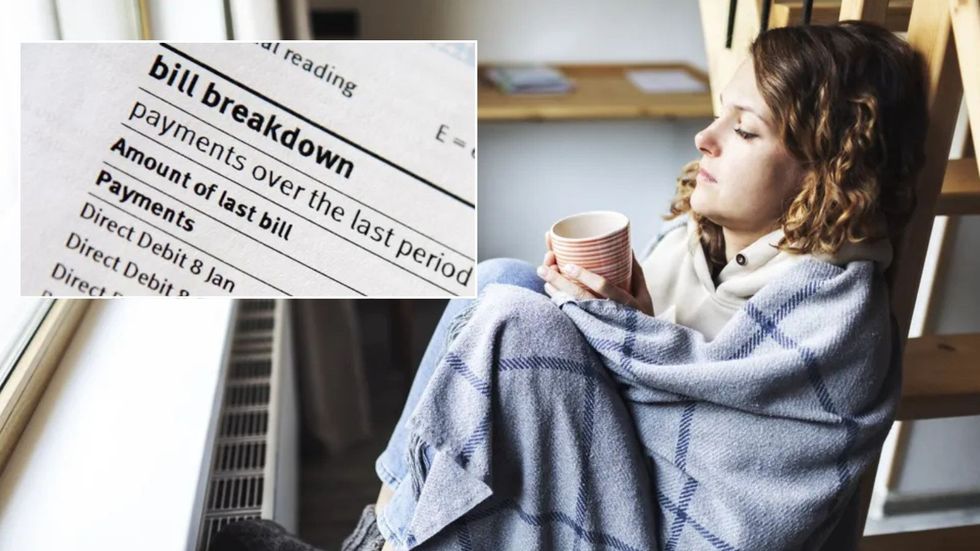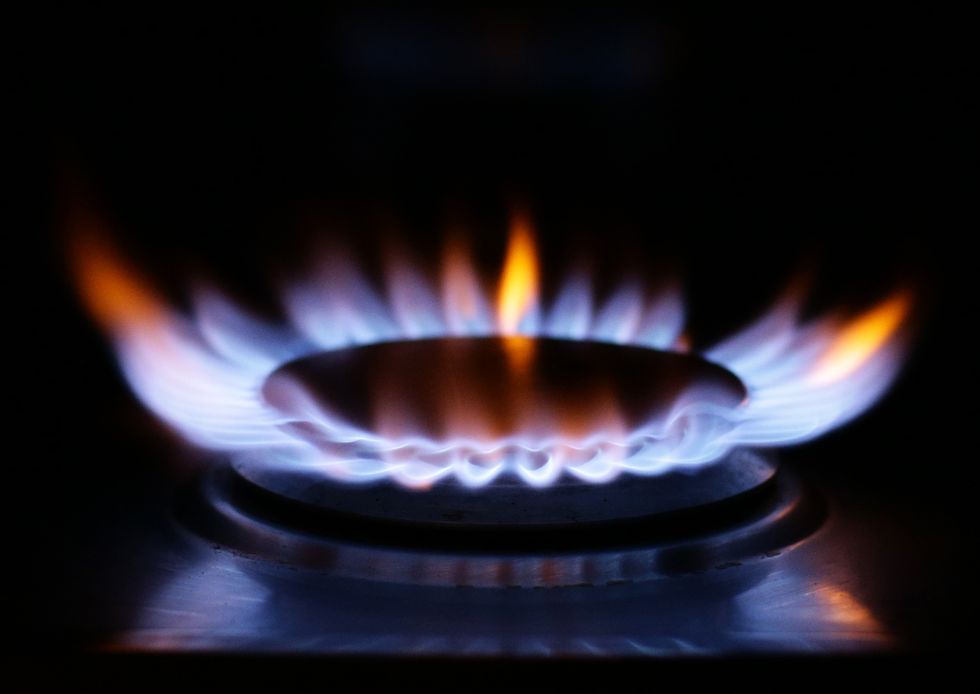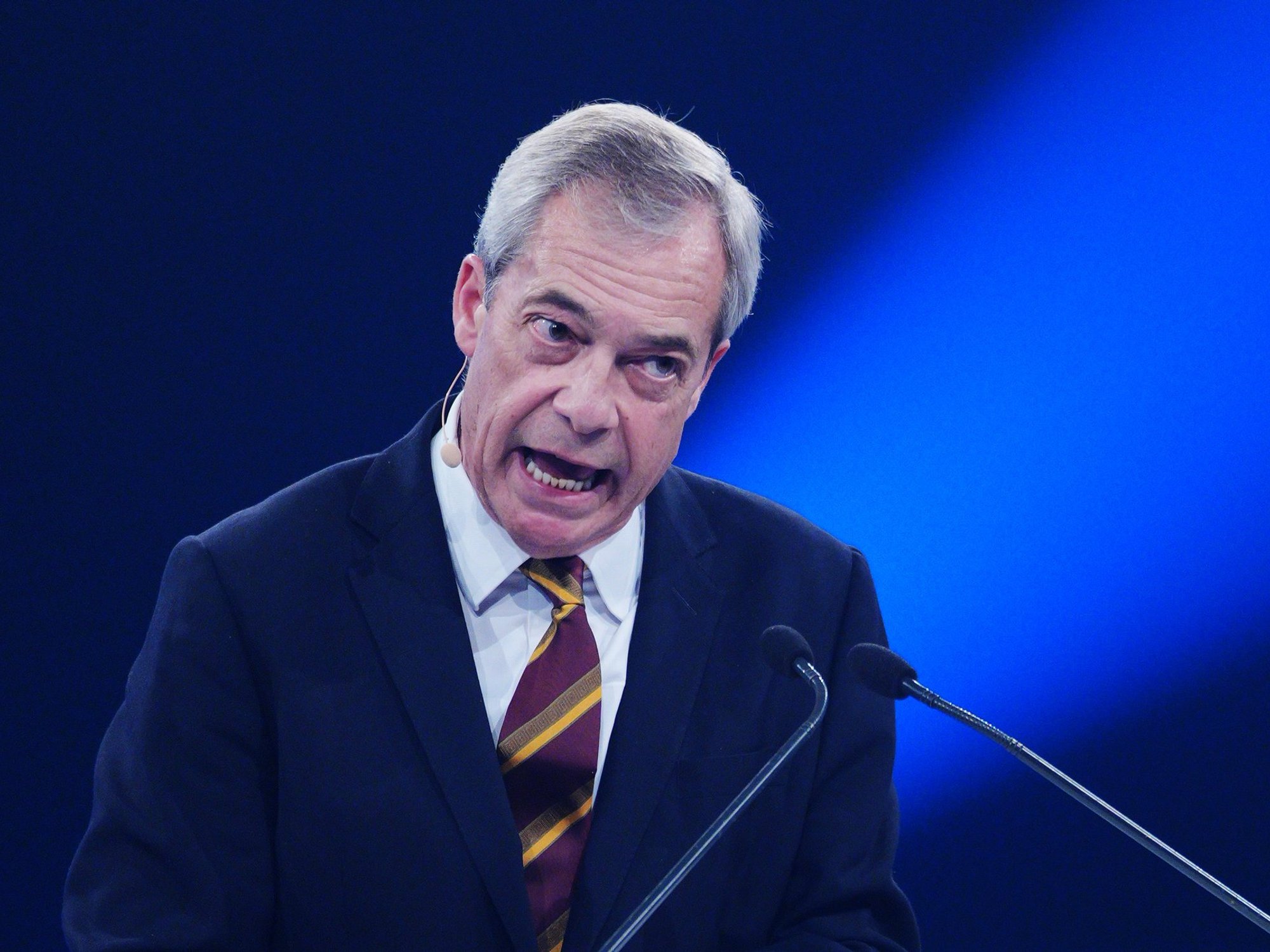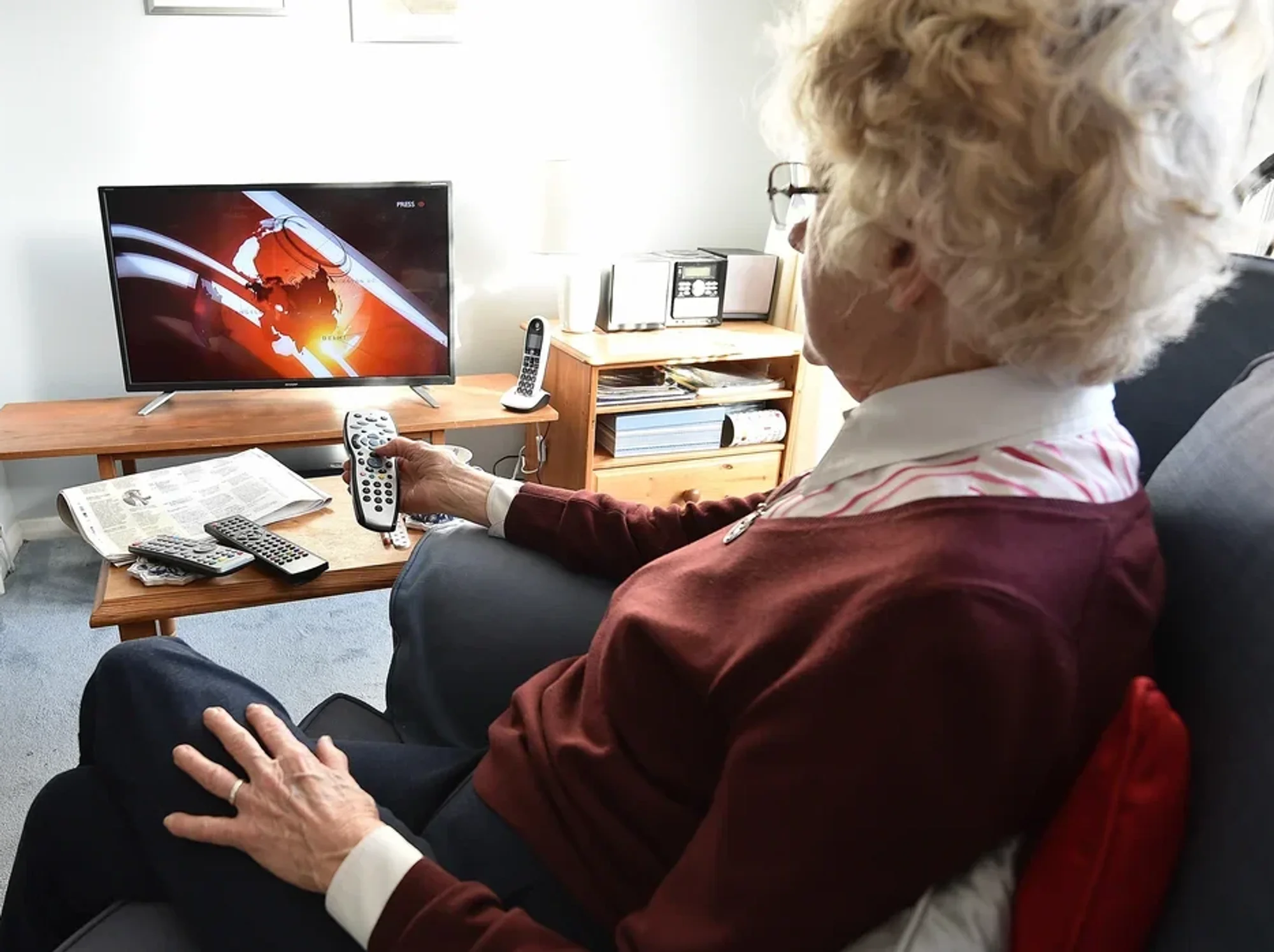2.3 million households to go without heating this winter as costs soar

Pensioners 'in tears' over heating their homes this winter |
GB News

Research shows sharp rise in families preparing to endure the cold amid energy price pressures
Don't Miss
Most Read
A total of 2.3 million British households are preparing to endure winter without switching on their central heating, a rise of 22 per cent from the previous year.
The figures come from new research that highlights the stark choices facing families across the country.
The survey of 2,000 residents, conducted by comparison service Uswitch, shows that energy bills have become so prohibitive that millions are choosing cold homes over unaffordable costs.
This represents nearly half a million more households than last winter who will brave the cold rather than face unmanageable heating bills.

Nearly half a million more households than last winter will brave the cold
|GETTY
TRENDING
Stories
Videos
Your Say
Analysts note the findings underscore the impact of rising energy prices on everyday life in Britain. Solo residents in homes face the bleakest prospects, with one in ten planning to forgo heating entirely.
Even households with young children are affected. Five per cent of families with small children will keep their heating switched off despite the associated health risks.
The research reveals that 77 per cent of British households fear being unable to stay warm this winter. One in six report severe anxiety about facing the months ahead.
Financial constraints have forced 43 per cent of households to heat reactively, only turning systems on when temperatures become unbearable.
Do you have a money story you’d like to share? Get in touch by emailing money@gbnews.uk.
Another 30 per cent will limit warmth to selected rooms, leaving much of their homes unheated.
Rising living costs remain the main factor, with 54 per cent of those cutting back citing higher bills.
Nearly half of those abandoning central heating rely on extra clothing, hot water bottles and electric blankets to cope.
One in five households have turned to alternative heating sources such as portable heaters, wood-burning stoves or fireplaces.
The average British home will activate heating on October 1, five days earlier than last year’s October 6.

Many households are forced to choose between heating and eating
| GETTY/PEXELSHowever, four million households had already switched on their heating by mid-September.
Health experts advise keeping homes between 18°C and 21°C, particularly for elderly residents or those with health conditions.
The Energy Saving Trust recommends switching heating on when outdoor temperatures remain below 15°C.
But many cannot afford to follow that guidance. A quarter of households plan to set thermostats below the minimum, with average settings dropping to 18.9°C from last year’s 19.4°C.
The Met Office notes that October usually marks the point when heating becomes essential, yet many households will delay or keep temperatures low throughout the season.
Raquel Griffiths, 56, a retired resident from Llantrisant in South Wales, has adopted a targeted approach to heating. Living alone in a four-bedroom property, she purchased five ceramic heaters for individual rooms.
"With these heaters, I'm only heating the room I'm actually using," she said. "I'm on my own in a four-bedroom house, and there's absolutely no need to heat over 60 per cent of the rooms."
Her energy bills have dropped "dramatically" since adopting this method last February.
LATEST DEVELOPMENTS:

The Government has a Net-Zero target set for 2050
| PAHowever, Uswitch warns such strategies are not suitable for everyone and could lead to damp in unheated areas.
Will Owen, Uswitch’s energy spokesman, expressed concern about the rising numbers choosing this "drastic course of action".
He urged households to contact suppliers for support rather than risk cold conditions.
The Government highlighted its £150 Warm Home Discount scheme, supporting six million households, alongside £13.2billion investment to improve five million homes during this Parliament.
More From GB News










